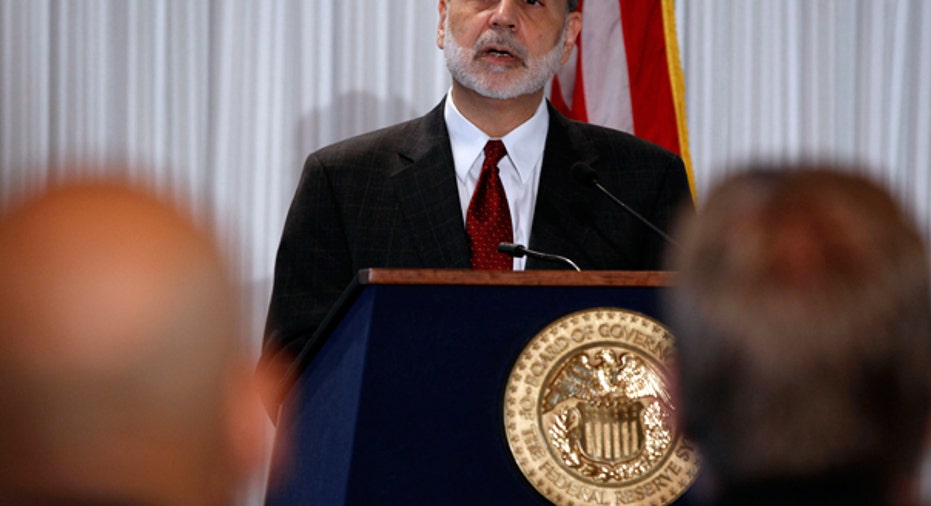Are Low Interest Rates Really a Good Thing?

Federal Reserve Chairman Ben Bernanke says low interest rates stimulate the U.S. economy but for savers, low rates aren't all that great, as Bernanke himself also said in a speech Oct. 1 in Indianapolis.
"People who rely on investments that pay a fixed interest rate such as certificates of deposit are receiving very low returns -- a situation that has involved significant hardship for some," Bernanke said.
Here's why today's low interest rates haven't been a welcome benefit to many consumers.
Economies and Collectibles
Just ask Pablo Solomon. The artist, 65, lives on a ranch north of Austin, Texas, with his wife, who manages the business side of his endeavors.
"We've been in business for ourselves for 37 years, so we're used to a variable income, but we also over the years have been very disciplined," Solomon says. "We've invested and thought that by now we wouldn't have to worry because our investments would be there to provide a steady, if small, base income."
Yet the couple's modest portfolio no longer earns a stable, low-risk return. While some of their money is still invested in mutual funds, Solomon says he's diverted a portion into fine art, jewelry, Persian rugs and other collectibles.
"We felt our money was much better put into things that would have long-term value and a reality to us rather than sitting in a bank getting less than 1% interest," he says.
Stocking up on discounted wine, closeout appliances and nonperishable staples also has become a way of life as three-week vacations to Europe and the Caribbean have fallen by the wayside. Nowadays, the prospect of a two-day trip to San Antonio for an art show is cause for excitement, Solomon says.
"Because of the low interest rates of the past four years, we have really been hurt," he says.
Zero Percent no Stimulus
Another case in point is Peggy Day, 78, a retiree who lives in Seagoville, Texas, southeast of Dallas, with her daughter and grandson.
Day says she has less than $40,000 in an individual retirement account, or IRA. That money was invested in stocks until six years ago when Day, fearful of losses, stashed her savings in a CD at 5.05% interest. Today, that CD earns less than 1%, a return that's not sufficient to cover the IRA's required annual minimum distribution.
"At the time that I sold my stock, the interest paid about what I have to withdraw each year for being over 70 ??, but now it's way less than that," Day says.
Day owns her house and car debt-free and shares expenses with her daughter, but says low rates haven't helped her financial position.
"I am better off because of paying off debt, but that's no thanks to Mr. Bernanke," she says. "He thinks it stimulates the economy to have a zero (percent) interest rate, but it's sure not stimulating my economy."
Low Rate Not Enough
Although low rates on loans make them compelling financially, neither Solomon nor Day is in the market for a new loan.
That wouldn't surprise financial adviser Justin Krane, president of Krane Financial Solutions in the Los Angeles area, who says low loan rates aren't always an inducement for people to borrow money.
For instance, car buyers make their purchases not because auto loans are cheap, but because they've reached the end of a lease or need to replace an old vehicle, Krane says.
"They aren't waking up and saying, 'I need a car loan,' although the rate is now making it more attractive to buy rather than lease," he says.
Nor are low rates a spur for business startups since banks won't lend to unproven entrepreneurs without a sure revenue stream or bank deposits to ensure repayment.
"Banks want to see how you're going to pay the money back or the loan has to be secured by equity in your house or collateral that you have at the bank," Krane says. "The best time to get a loan is when you don't need the money."
That's why, for many, today's low-rate environment couldn't end sooner.
Copyright 2013, Bankrate Inc.



















